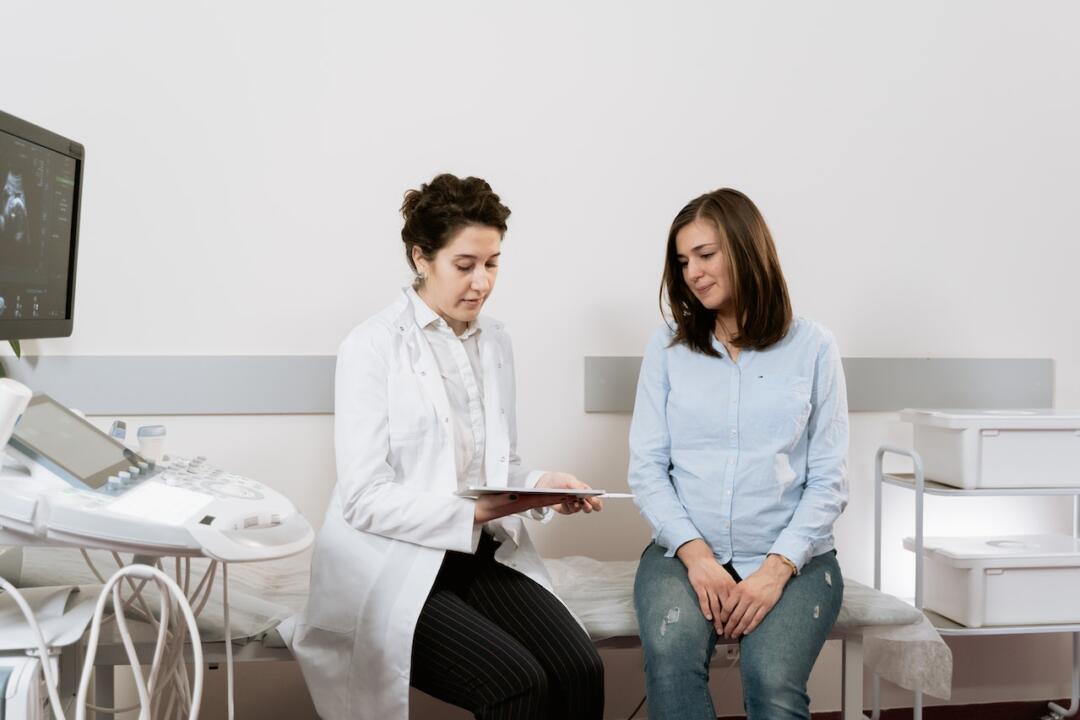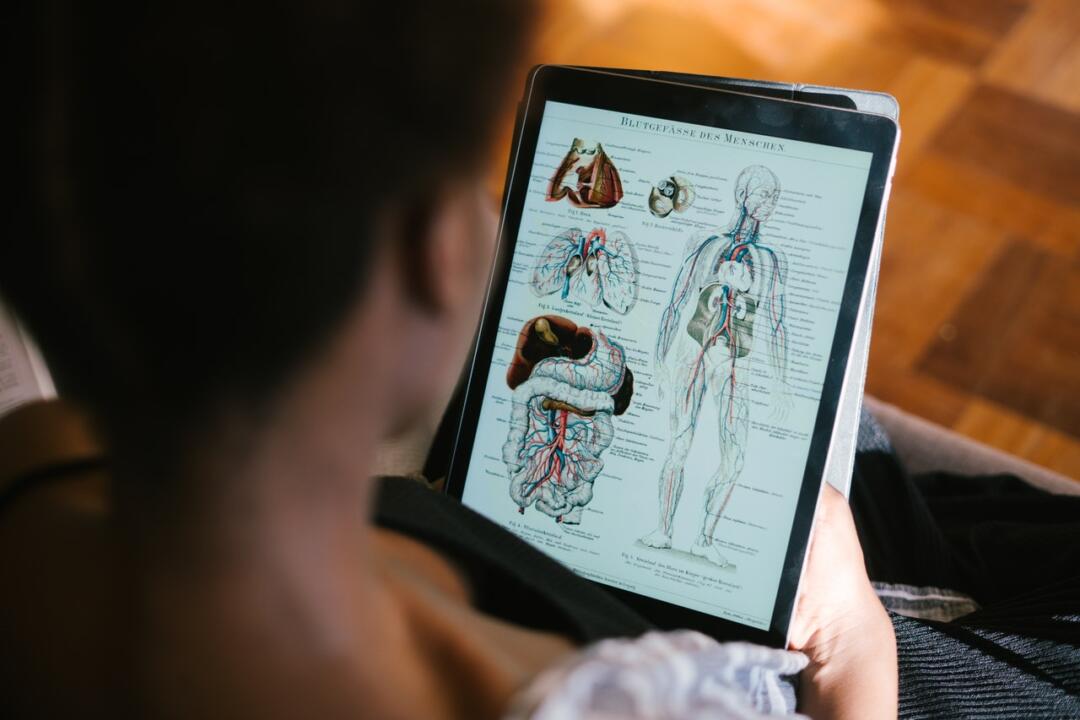Your cart is currently empty!
C3: Professionalism

Professionalism is a critical competency for medical students and physicians, encompassing a set of behaviors, attitudes, and values that are essential for providing high-quality patient care and maintaining the integrity of the medical profession. It goes beyond clinical knowledge and technical skills and reflects the commitment to ethical conduct, empathy, and accountability in all aspects of medical practice.
Key elements of professionalism competency include:
- Ethical Conduct: Upholding ethical principles and moral values while adhering to codes of conduct and professional standards. Physicians must prioritize their patients’ well-being and act in their best interests, maintaining confidentiality and respecting patient autonomy.
- Integrity: Demonstrating honesty, trustworthiness, and transparency in all interactions. Physicians are expected to be truthful and reliable, earning the trust of patients, colleagues, and the broader community.
- Empathy and Compassion: Cultivating a deep understanding of patients’ emotions, concerns, and fears. Empathetic and compassionate care fosters a strong doctor-patient relationship, which is essential for healing and patient satisfaction.
- Cultural Sensitivity: Recognizing and respecting the diverse cultural backgrounds, beliefs, and values of patients. Being culturally sensitive helps avoid misunderstandings and ensures culturally appropriate care.
- Accountability: Taking responsibility for one’s actions, decisions, and their consequences. Physicians must acknowledge and learn from their mistakes, striving to continuously improve their practice.
- Communication Skills: Effective communication is a cornerstone of professionalism. Physicians should be able to listen actively, communicate clearly, and convey complex medical information in an understandable manner to patients and their families.
- Teamwork: Collaborating effectively with colleagues and other healthcare professionals in a multidisciplinary team. Working as a team ensures comprehensive and coordinated patient care.
- Lifelong Learning: Commit to continuous professional development to stay updated with medical advancements and evidence-based practices. A dedication to lifelong learning ensures the delivery of the best possible care to patients.
- Balancing Personal and Professional Life: Striving for a healthy work-life balance is crucial to prevent burnout and maintain overall well-being, which ultimately positively impacts patient care.
Professionalism is not only about individual behaviors but also about upholding the reputation and trust of the medical profession as a whole. Medical schools emphasize professionalism throughout the curriculum, and it remains an ongoing pursuit throughout a physician’s career. By embodying professionalism, medical professionals can enhance patient outcomes, foster a positive healthcare environment, and contribute to the advancement of medicine.
Discover more from mymedschool.org
Subscribe to get the latest posts sent to your email.








